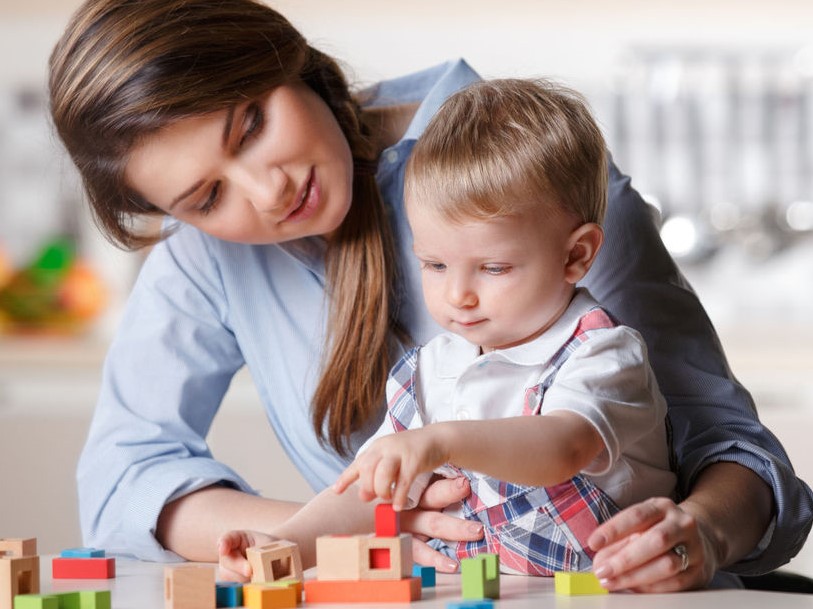What is Childhood Apraxia of Speech?
The production of speech
What most of us take for granted is actually a complex, coordinated effort! The production of speech involves:
- The brain
- Parts of the face, mouth, tongue and jaw
- The muscles around those parts
- The pathways from the brain to the muscles
The struggle with apraxia
Kids with apraxia have difficulty combining (or even producing) consonants and vowels to form words. They also struggle to maintain motor plans to express intelligible spoken language.
The types of utterances
Some children with apraxia do better with automatic utterances (such as exclamations or recitation of the alphabet, days of the week, counting, etc.) than with planned utterances.
The other challenges
CAS can and often does co‐exist with other speech and language challenges. It requires proper diagnosis and treatment by an experienced SLP.
The CAS diagnosis
CAS can be difficult to diagnose if the child does not have enough vocal skills to assess. Over time and with regular therapy, a formal diagnosis can be determined. Until then, many SLPs will work with a diagnosis of suspected childhood apraxia of speech (sCAS).
The treatment of CAS
Frequent, individual speech therapy is essential to treat CAS. Sessions should include lots of practice planning, programming, and producing accurate speech movements.
The K-SLP treatment method
The Kaufman Speech to Language Protocol follows best practice research for the treatment of childhood apraxia of speech. It is also appropriate to treat suspected CAS and for other speech sound disorders and expressive language challenges.
The importance of practice
It is imperative that children with apraxia of speech gain as much practice as possible, and that is not limited to official speech sessions. Involvement from parents and caregivers in the child's natural environment (home, school, community) is essential for the practice needed.
The path to success
With quality therapy specific to apraxia and support from their community, many children with CAS can make progress becoming successful vocal communicators!
